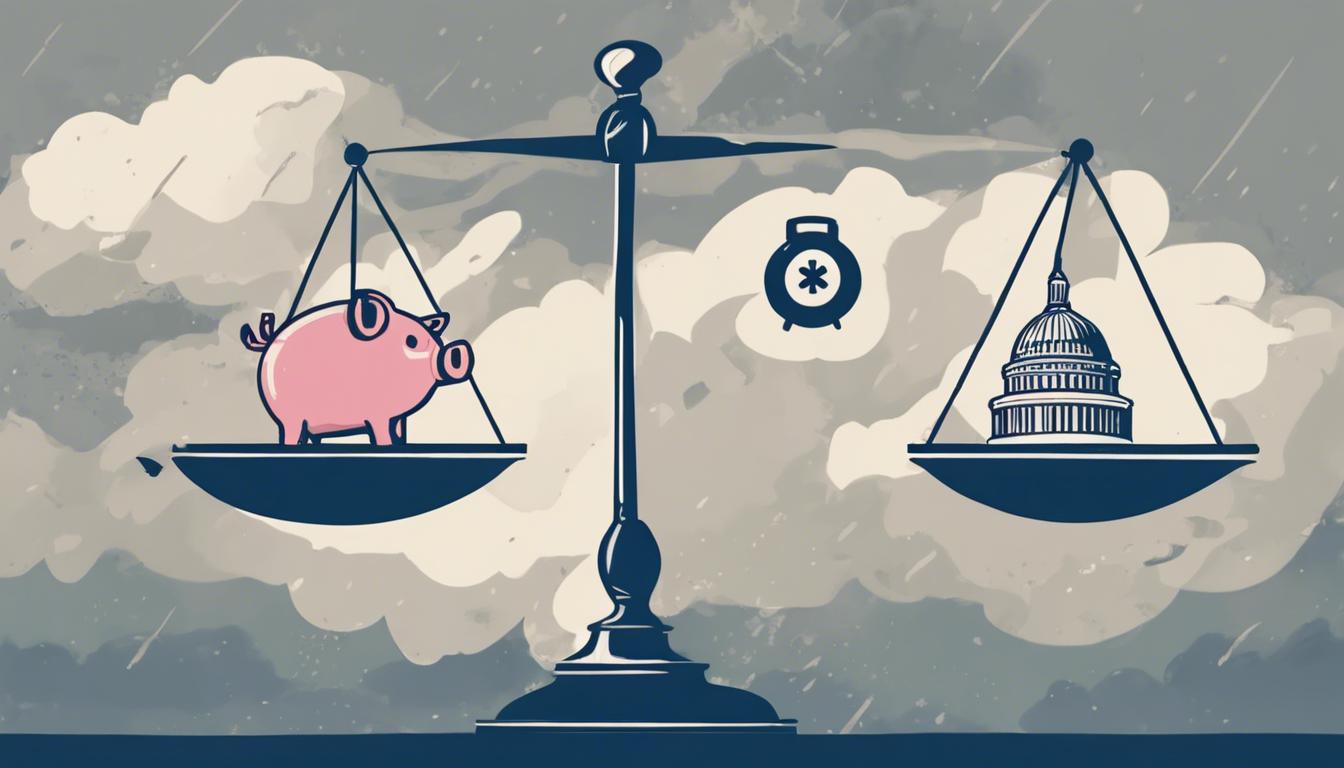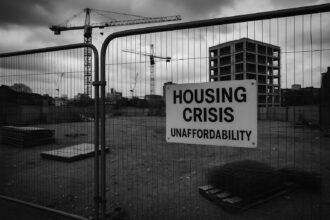In a move contrasting sharply with potential reelection opponent Donald Trump, President Joe Biden has unveiled a $7.3 trillion budget for 2025 aiming to benefit families, reduce healthcare costs, and cut deficits by increasing taxes on the wealthiest Americans.
President Joe Biden has proposed a $7.3 trillion budget for fiscal year 2025 that aims to provide tax benefits for families, reduce healthcare costs, and decrease deficits while increasing taxes on the wealthiest Americans and corporations. This announcement comes amidst potential reelection campaigns and contrasts significantly with the economic policies of his likely opponent, former President Donald Trump.
Biden’s budget plans to trim deficits by $3 trillion over ten years, expand child tax credits, and introduce a minimum 25% tax on billionaires. Additionally, it seeks to allow Medicare to negotiate prices for 500 prescription drugs, aiming to save $200 billion over the next decade. These proposals arrive in an environment where Biden’s handling of economic matters faces scrutiny from voters, with a recent poll revealing a significant portion of voters disapprove of his economic leadership despite feeling financially stable.
Moreover, the US narrowly avoided a government shutdown as the Senate passed a significant funding bill, evidencing a moment of bipartisan cooperation amid divisions over immigration and spending priorities. Biden’s budget also focuses on increasing US border security and proposes the implementation of paid family and medical leave programs. However, the budget faces opposition from a Republican-controlled House of Representatives, indicating potential challenges in passing the proposed measures.
Biden’s approach marks a divergence from Trump’s, who advocates for increased tariffs, further tax cuts, and reduced regulation. The budget’s ambition to significantly raise taxes on the wealthiest and corporations sets a clear distinction between the two leaders’ fiscal policies and priorities.
As Biden’s proposal heads into the political arena, it underscores the ongoing debate over the direction of the US economy, national debt levels, and the efficacy of tax policies in addressing fiscal challenges. The response from Congress and the outcome of these proposals remain uncertain, reflecting the broader political and economic questions facing the nation.













